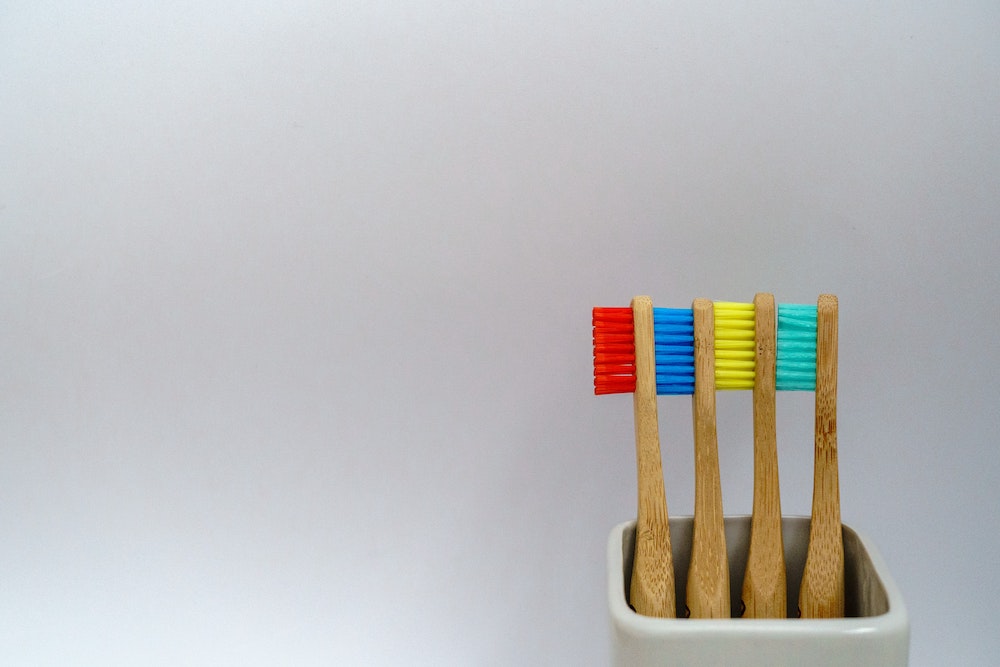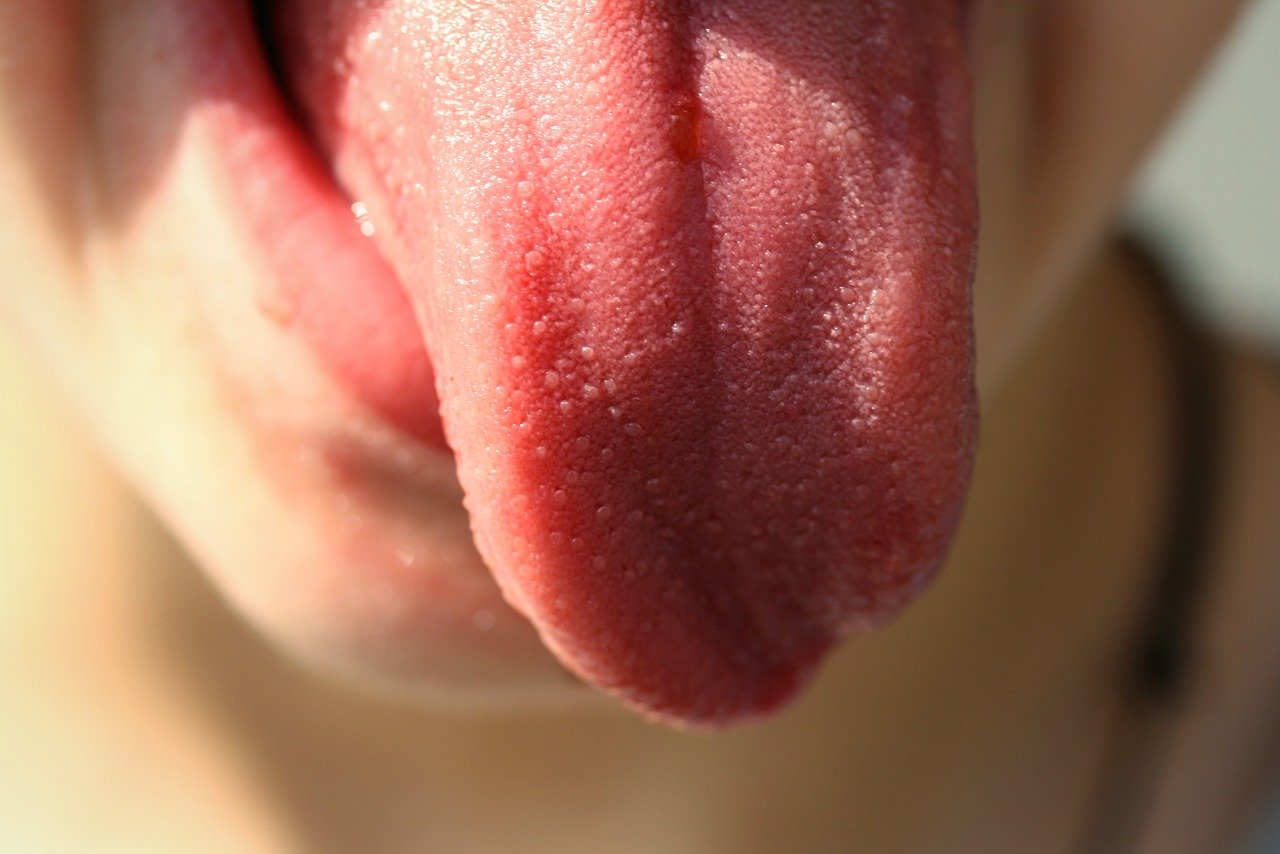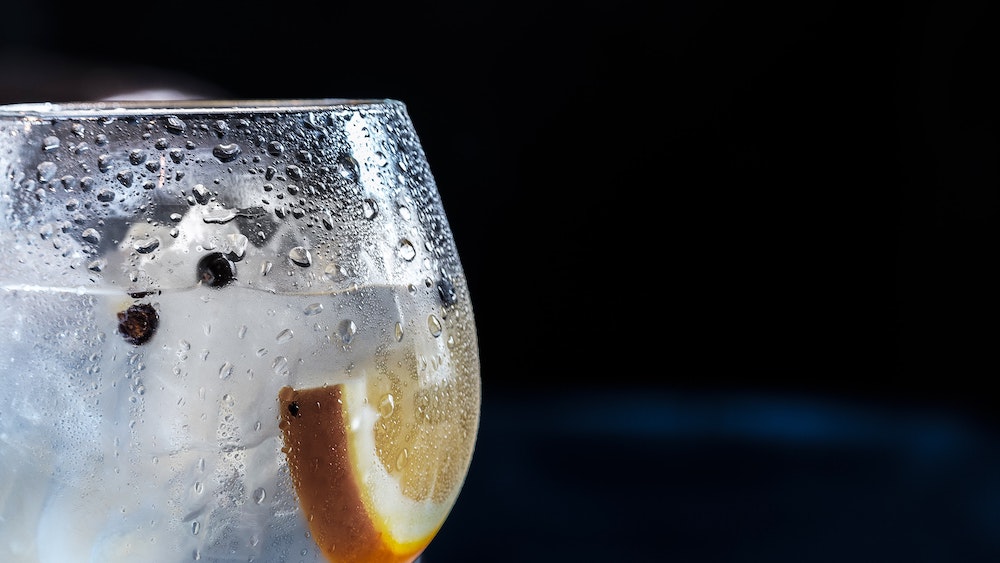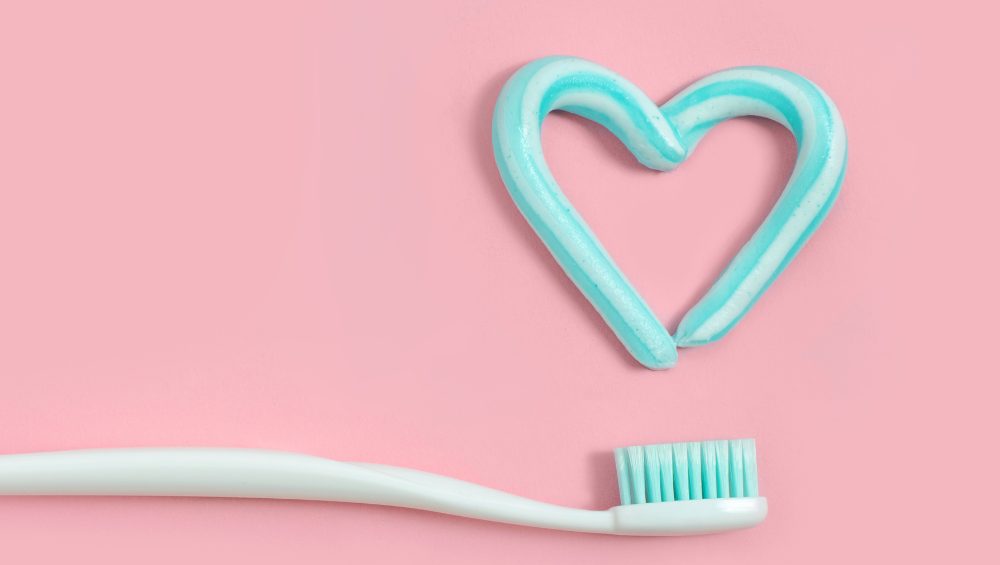
How Often Should I Replace my Toothbrush?
February 18, 2020
Do I See a Doctor or Dentist for Tongue Issues?
March 26, 2020Key Takeaways:
Mild Acidity of Sparkling Water:
Sparkling water is more acidic than still water due to the carbonation process, but it is significantly less acidic than sugary sodas, coffee, or fruit juice.
Healthier Alternative:
For individuals who prefer carbonated beverages, plain sparkling water is a healthier alternative to sugary sodas. Drinking sparkling water may help reduce the consumption of sugary snacks and beverages.
Tips for Reducing Risk:
To mitigate any potential risks to dental health from drinking sparkling water, it is advisable to rinse the mouth with plain water afterward, avoid adding acidic fruit flavors, and consume it with meals rather than sipping it throughout the day.
Some people enjoy a glass of sparkling water as a healthy alternative to soda-pop. Then their thoughts turn to their oral health and they ask –Is Drinking Sparkling Water Bad for Your Teeth?
Overall, drinking small amounts of unsweetened sparkling water is healthy for your body and appears to be mostly harmless to your bones and teeth. However, carbonated water does have the potential of contributing to tooth erosion. For the nuanced details, keep reading…
But first, please keep in mind that the following information is intended to help you make healthy choices. It is not a replacement for personalized guidance from your own dentist or medical professional.
The Main Reason People Ask – Is Drinking Sparkling Water Bad For Your Teeth?
As dental professionals, our main concern with carbonated, or sparkling, water is that it is more acidic than still water. To carbonate water, you expose it to carbon dioxide under high pressure. The result is soda water, club soda, and other fizzy water.
The water and the carbon dioxide react with each other forming a mild acid.
Items with a lower pH are more acidic than those with a higher pH. Neutral still water has a pH of 7, while plain sparkling water usually has a pH of 5 or 6. In contrast, cola beverages typically have a pH of 2.5 and orange juice has a pH of around 3.3. For perspective, plain carbonated water is more acidic than still water but much less acidic than cola, soda, coffee, or fruit juice.
Even if sparkling water contributes to the erosion of tooth enamel, the impact of sugary beverages is greater whether the beverage is still or carbonated. Soda pop is damaging to the teeth due to the combination of acid from the high-sugar content and acid from the carbonation.
But, the Real Answer is a Little More Nuanced
A BBC article summarized research from a few studies on the impact of carbonated beverages on the bones and likely the teeth. The studies indicated that frequent consumption of carbonated beverages containing sugar resulted in decreased bone density and dental issues. However, the mild acids in unsweetened carbonated water did not appear to have the same effect.
It is difficult to quantify whether sparkling water is overall positive or negative. Some people find they eat less sugary snacks if they drink fizzy water because they feel more full. Also, other people with a soda pop drinking habit may find it easier to transition to plain, soda water. Since the carbonated water is still less acidic than sugar, switching to drinking modest amounts may be better for both your health and your teeth.
If You Drink Sparkling Water, Try These Tips
Consider rinsing your mouth with still, unsweetened water after drinking a glass of sparkling water to dilute the mild acids and to rinse them away from your teeth. By doing this, sipping sparkling water with dinner or at a party is a lot less risky and is a healthy alternative to other drinks.
While the occasional glass of sparkling water is unlikely to damage the teeth, think about other ways of controlling potential damage.
For example, people often add slices of lemon, lime or orange to flavor their sparkling water. Although these fruits are healthy to eat, they are also acidic and allowing their juices to linger in the mouth may result in tooth enamel erosion. If you add fruit juice to your sparkling water the effect is amplified although likely less so than if you sip a glass of pure fruit juice. So consider drinking plain sparkling water rather than fruit-flavored sparkling water or a blend of the water and fruit juice.
Plain, still, unflavored water is the safest beverage for your teeth especially if you like to sip water to stay hydrated throughout the day. In fact, plain water is the best beverage for your teeth especially if your local tap water contains fluoride and other minerals like calcium.
When considering drinking bottled sparkling water, read the nutrition label. If the only ingredient is the carbonated water, the risk of damage is minimal assuming you practice good oral hygiene. If the ingredients include sugar, citric acid, or flavorings then the water is more likely to contribute to erosion.
As mentioned in previous posts about coffee, wine, and sugary drinks the length of time the teeth are exposed to acidic beverages makes a difference. If you sip coffee or soda throughout the day and between meals your teeth are exposed to the acids longer than if you drink a serving with a meal. The same concept applies to sparkling water especially when flavored with citrus fruit. Consider drinking a glass of it with meals then sticking with still water between meals.
Since acids weaken tooth enamel, try to wait 20-30 minutes after drinking sparkling water before gently brushing the teeth. Of course, this guideline isn’t quite as important as it is after drinking beverages with a low pH like wine, coffee, soda or fruit juice. However, it can be helpful to mitigate the small risk from modest amounts of plain sparkling water.
Finally, the risks are likely small if you otherwise take care of your teeth and enjoy good oral health. Be sure to brush your teeth twice a day using a soft-bristled toothbrush and floss daily. In addition, rinsing your mouth with plain water helps dilute acids in the mouth. Finally, limit or avoid sugary foods and drinks. We hope by now you know the answer to your question – is drinking sparkling water bad for your teeth?
Ongoing Oral Care Further Reduces the Risks
If you have any questions, ask your dentist. While the information in this article – is drinking sparkling water bad for your teeth is very general, it doesn’t apply to every situation. your dental team may provide specific recommendations based on your lifestyle and your overall dental health.
Always keep current on your on-going dental examinations and professional cleanings. This way you have a year-to-year barometer of your dental health as well as the opportunity to ask questions like – is drinking sparkling water bad for your teeth?
Charlotte-area residents have trusted their oral health to Southview Dentistry since 2009. If you need to establish or reestablish dental care, contact us today to schedule an appointment.




